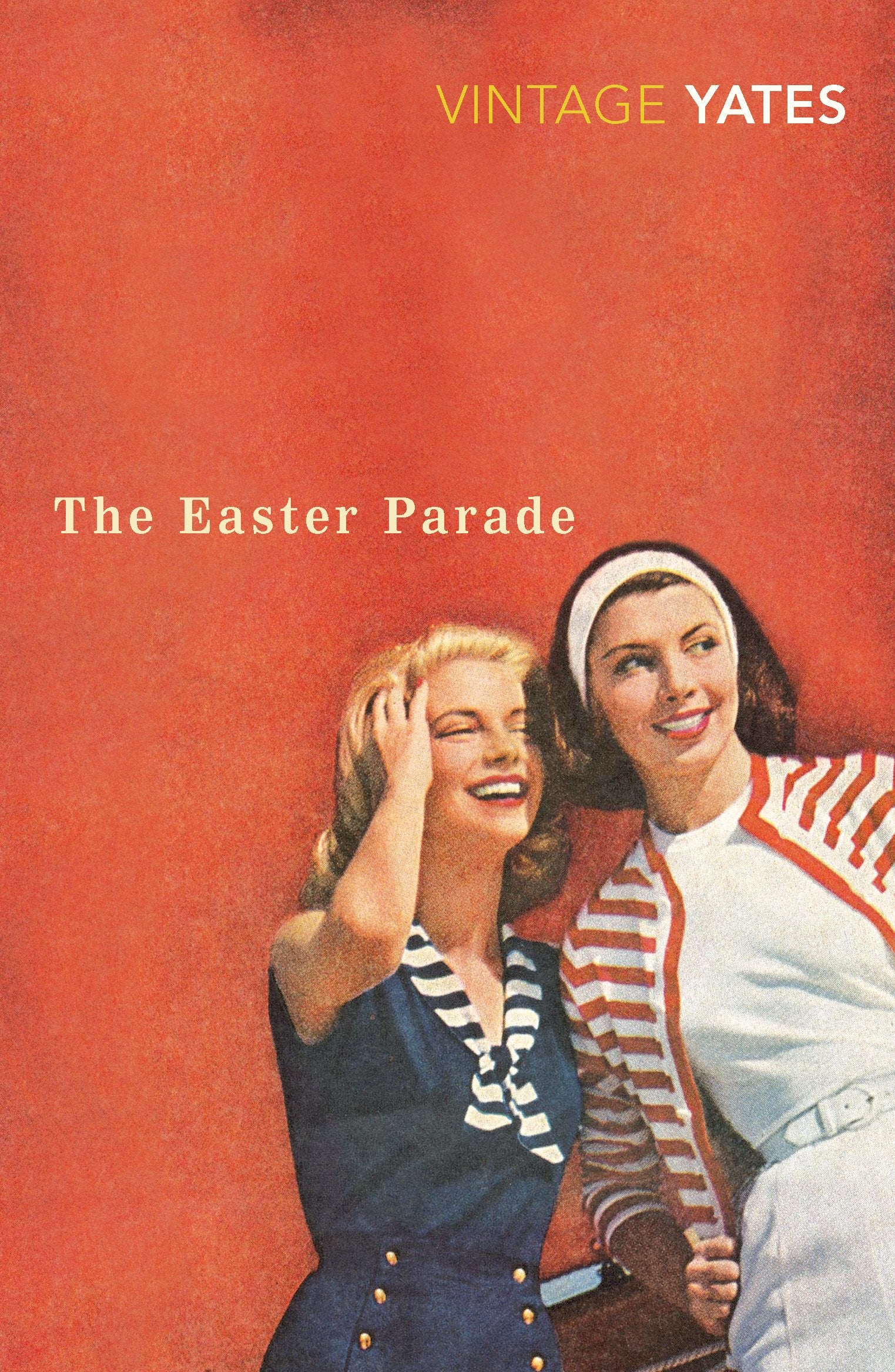Book of a Lifetime: The Easter Parade by Richard Yates
From The Independent archive: Douglas Kennedy on ‘The Easter Parade’ by Richard Yates

In the autumn of 1992 I stumbled upon a novel that changed my writing career. This encounter took place in an used bookshop, hidden away in a backstreet of a deeply unbookish metropolis: Kansas City, Missouri; a town best known for its blues bars and barbecue restaurants, not for its emporia of published words. Yet browsing through a book warehouse, I happened upon a novel by a then largely forgotten American novelist named Richard Yates.
Now, Yates is finally perceived as a key postwar American writer, thanks to a brilliant biography (by Blake Bailey) and Sam Mendes’s very fine film of Revolutionary Road. This tale of a suburban marriage coming asunder marked Yates as the Flaubert of the Eisenhower years; he peeled away the veneer of postwar plenty and saw the empty chasm beneath.
Unlike Updike and Cheever – his more successful contemporaries – Yates never played the elegiac card. His much-praised first novel sold badly, and with good reason. His vision of all-American self-entrapment and self-loathing was so fiercely realised that it was judged almost too painful to read.
The Easter Parade is now widely regarded as Yates’s other great novel. I would say it’s one of the most important works of fiction by an American in the late 20th century. From the moment I stumbled across it, it became a key work for me – as its bleak world view coincided with my own.

A compact yet densely plotted novel that spans 40 years, it is the tale of two sisters: Emily and Sarah Grimes. Sarah marries a blockhead, lives in Long Island and succumbs to quiet desperation. Emily heads to the city, has a series of less-than-important jobs in advertising, sleeps with many men, loses her career, drifts into drink and eventually jettisons all the ballast that once kept her afloat. If it all sounds profoundly depressing... well, it is. But more than anything, Yates’s bleak, great novel reinforces the idea that there is no such thing as an ordinary life; that everyone lives out a narrative of their own making.
For a child of the Fifties, born and raised in Manhattan, the brilliantly detailed social landscape immediately hit home. So too did Yates’s vision of people not attuned to life’s larger possibilities. As Emily notes, she has been alive for more than five decades, but she understands nothing.
The fearlessness of Yates’s world view astonished me. Here was a writer willing to articulate so many uncomfortable truths about temporal existence and the great human capacity for self-delusion. His eye was unflinching, yet his compassion always manifest. The Easter Parade stands as one of those small, quiet masterpieces which speaks volumes about the fundamental sadness at the heart of everything, and which poses that most unsettling of questions: can we ever really comprehend ourselves?
Join our commenting forum
Join thought-provoking conversations, follow other Independent readers and see their replies
Comments
Bookmark popover
Removed from bookmarks